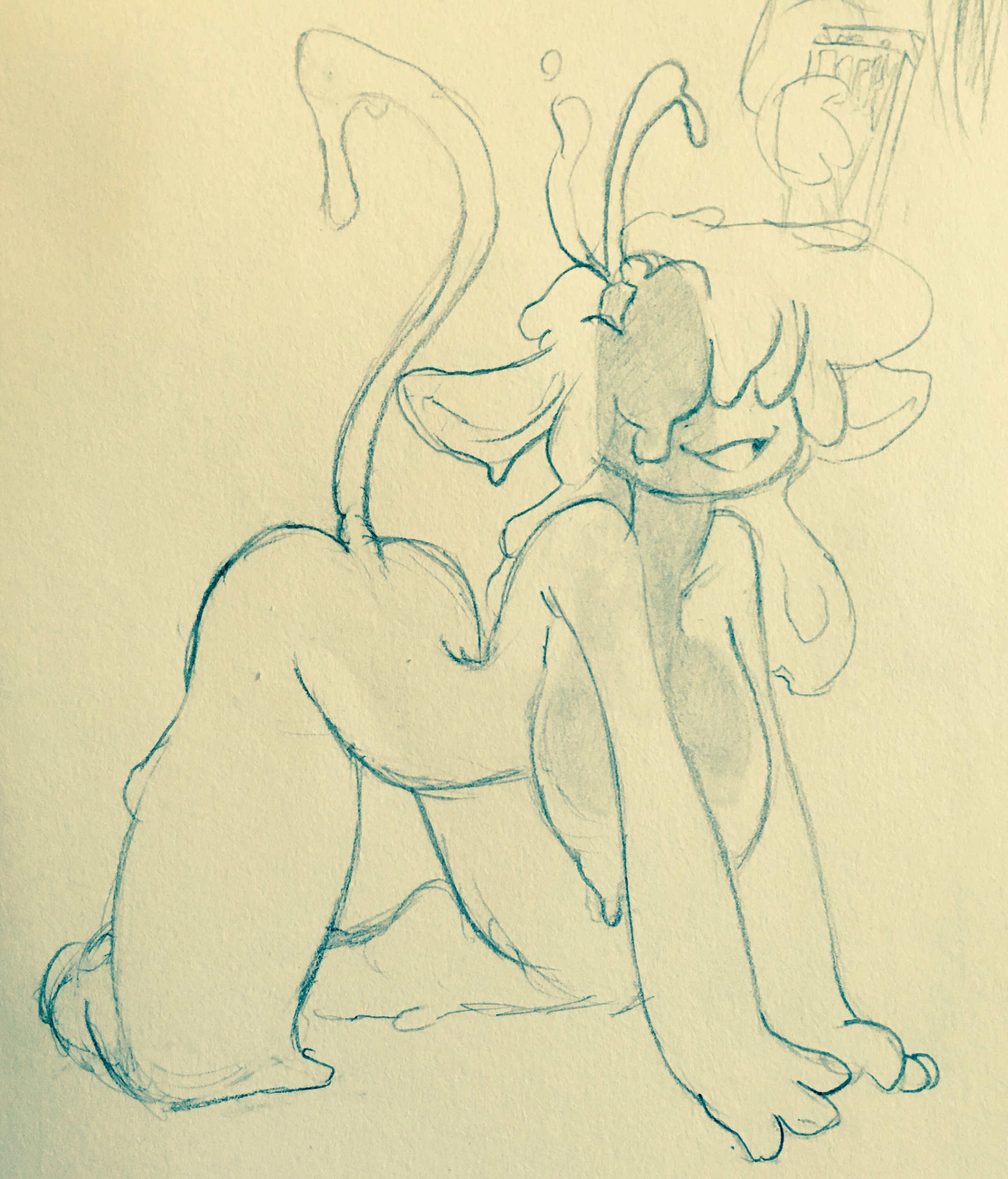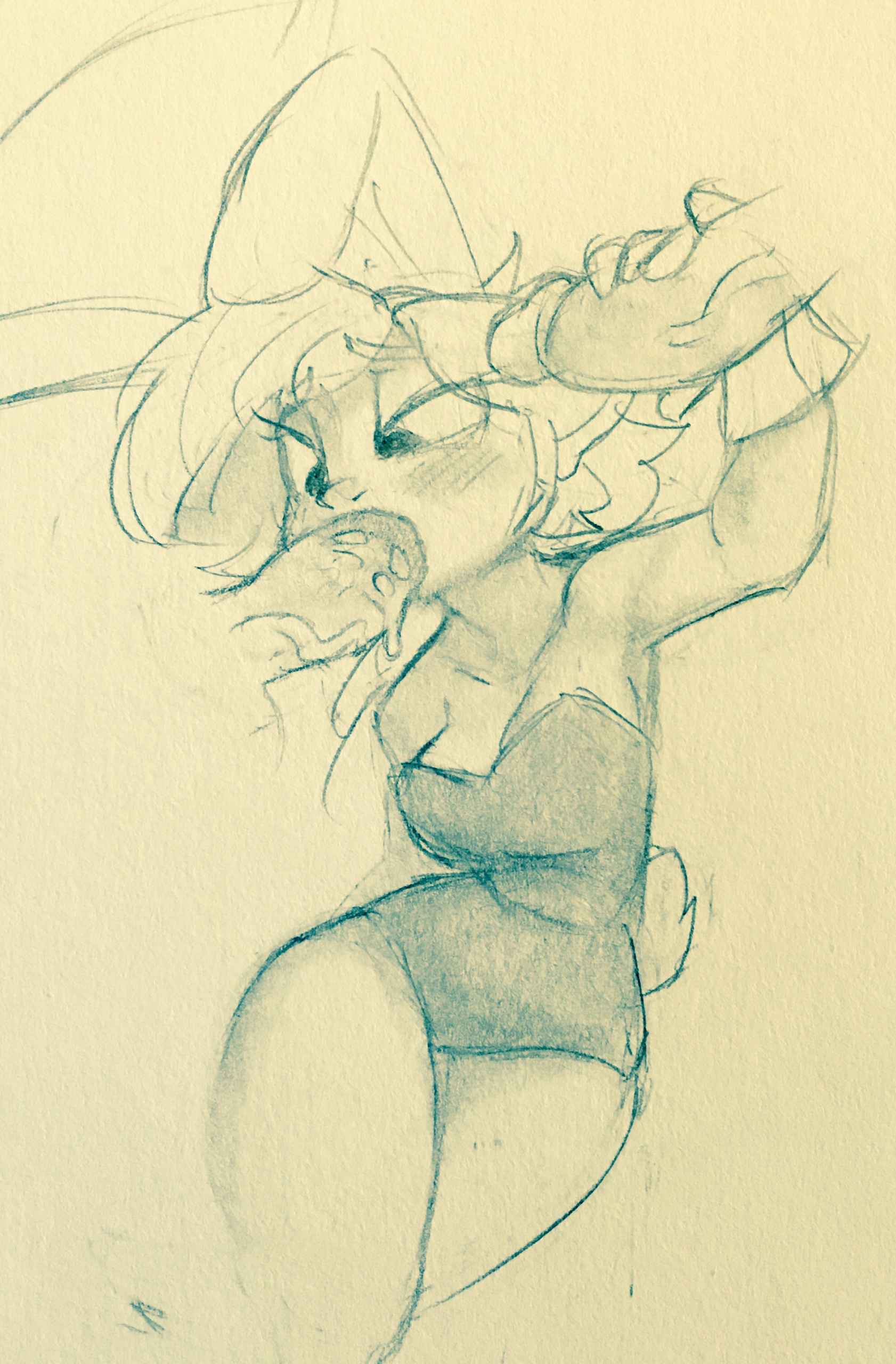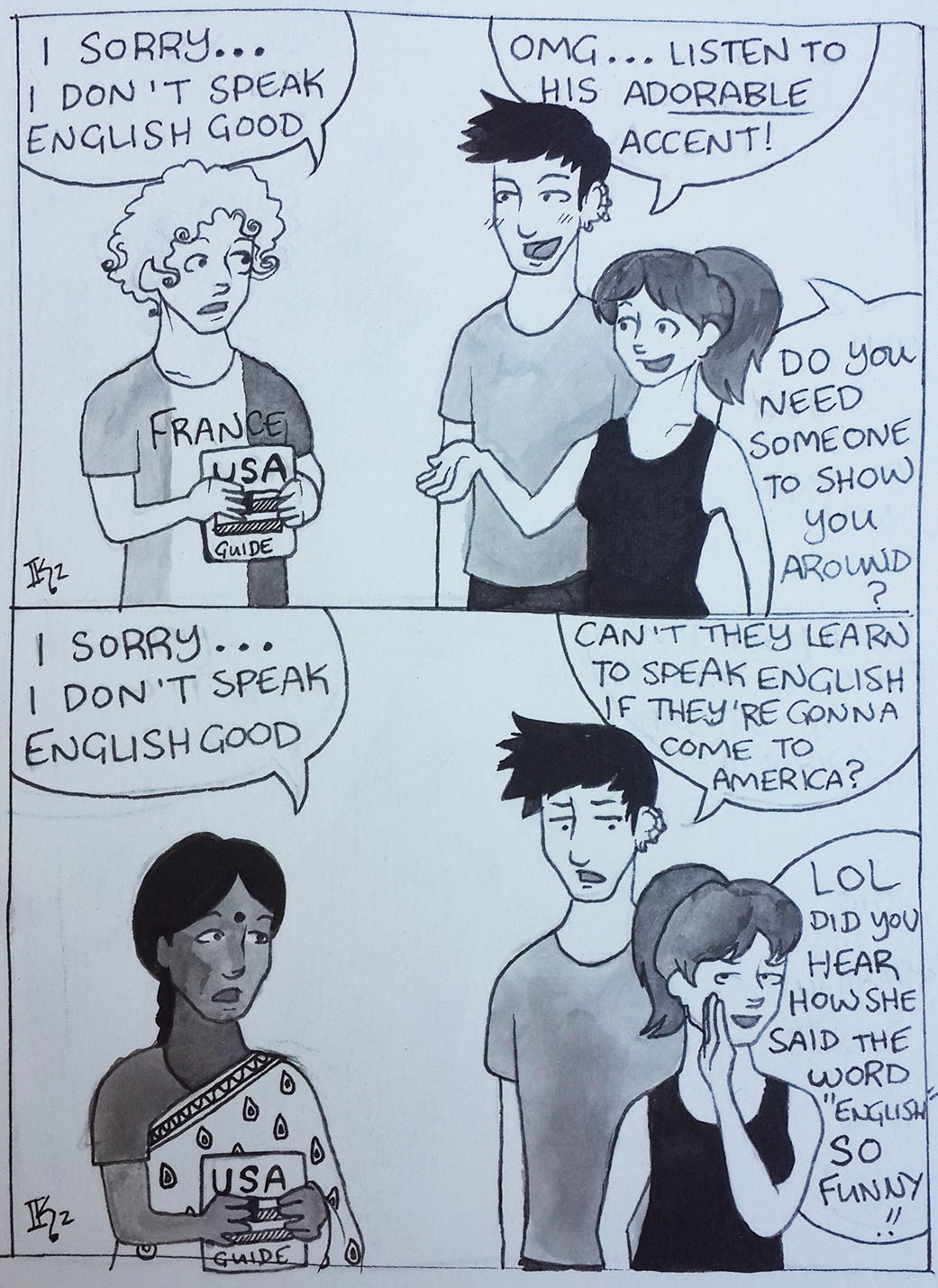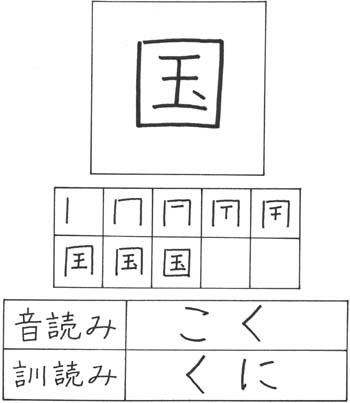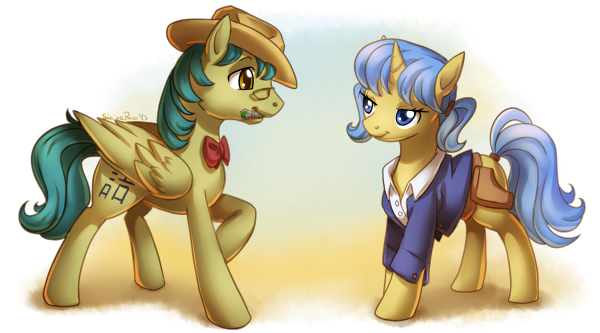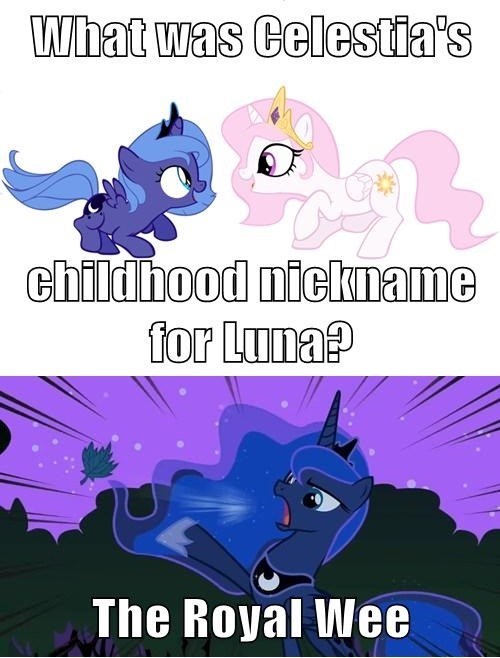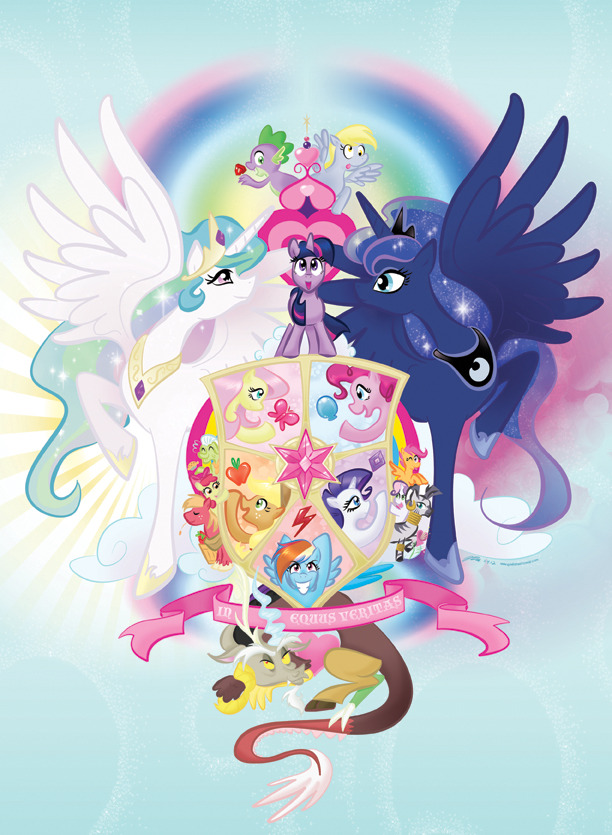rainbow-ginger-butterfly:
wholetjackdrive:
queerart-civildisobedience:
European accents (and in general white people accents) are commonly perceived as attractive and endearing, while accents from basically any other part of the world are considered to be signs of laziness and disrespect and get routinely made fun of.
My whole family is Korean. My sister and I have grown up in the US so we can pretty much speak English. However, our parents speak very broken English. It makes me mad though because my mother has taken ESL classes at our local university and my father graduated from the University of Washington with a PhD in mechanical engineering, yet I constantly see them being made fun of by their coworkers or other people in general because “they’re too lazy to try to understand English.” My mom has spent countless nights crying whilst taking her classes because of the stress wishing she could speak half as fluently as I can. If you don’t know what it’s like trying to learn English as a second language, then you have no room to talk.
NEVER MAKE FUN OF SOMEONE WHO SPEAKS BROKEN ENGLISH. IT MEANS THEY SPEAK ONE MORE LANGUAGE THAN YOU DO.
As someone who’s been trained to teach English to non-English speakers, allow me to inform you that English is an eldritch Frankenstein-esque abomination of borrowed words and mismatched grammatical rules.
Structurally, English is as convoluted and obtuse as any aspect of governmental bureaucracy, and it’s similarly societally entrenched in a way that makes people believe, and even insist, that’s just “the way of things.”
Here’s the facts: English is fucking hard. English doesn’t make logical sense. English is weird and horrible and inconsistent and makes common use of unusual phonemes that most adult speakers of other languages have to be mechanically taught to differentiate from similar sounds that are distinct in the English language. Without mechanical introduction and proper instruction, a lot of people cannot actually hear the difference in sounds you are mocking them for.
In some languages, [p] and [b] are indistinguishable. This is why you heard that gentleman say he would like a “can of Coke or Bebsi” with his order. It has nothing to do with laziness.
In some languages, [l] and [r] are indistinguishable. This is why you’re an asshole for going “me rikey” like the substitution is somehow comical. You’re a dick, and also most likely racist.
In the vast majority of languages, [θ] and [ð], known to English speakers as the voiceless (thing) and voiced (there) versions of the th sound, respectively, straight up does not even exist. This is why she says “teef” or “toofbrush,” why he keeps saying “ze” or “de” in place of “the,” and why they said “sank you very much” when you held open the door for them.
There are sounds in English that a hell of a lot of speakers of other languages cannot teach themselves to recognize and recreate without assistance.
And, y’know, even if you get the screwy grammar and troublesome pronounciation down, English is a language in which very slight changes in intonation and word stress can completely change the meaning of a sentence.
Like so:
But how are you doing? (Flamboyant pleasure to see someone, eagerness to catch up.)
But how are you doing? (Deflection from inquiries about self, moving conversation in a new direction.)
But how are you doing? (Concern, request for further or more accurate information.)
These are all totally different statements.
It’s incredibly easy to come across in a way you did not want or intend to when you’re not familiar with the particular ways in which saying something can change what it means to other people.
Don’t you ever give people shit for not achieving or approaching fluency in English.
Repeat after me: English is a terrible fucking language and speaking it does not make me tangibly superior to anyone else in literally any way.
